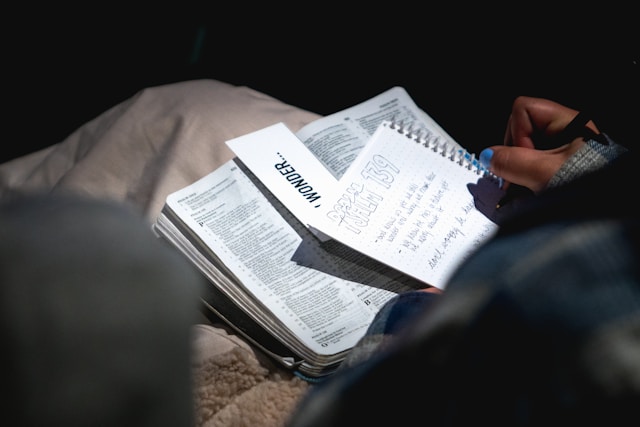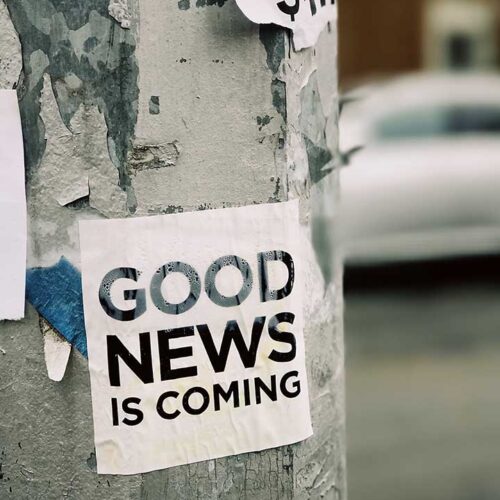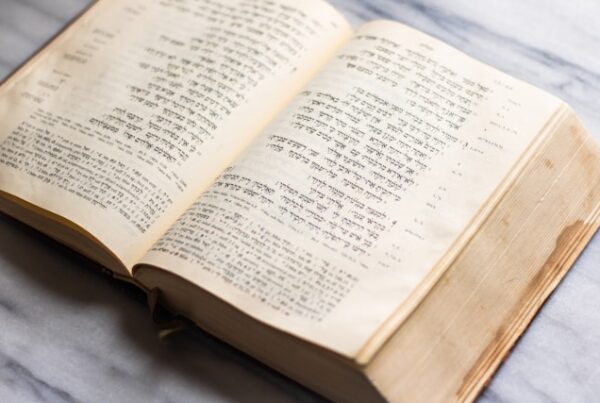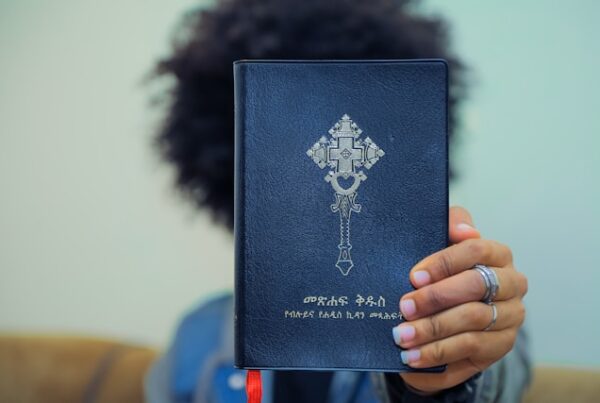With 66 books, written across thousands of years, in various languages and a myriad of translations, it can be hard to know where to begin. Because of the categories and genres, depending on your preference, you may want to start in a number of places. Let’s talk about the key starting points and where they are. There are a few anchor points worth exploring when reading for the very first time.
The Gospels
If you’ve never read the Bible before, I recommend starting with the account of Jesus, roughly 2/3rds of the way in. The Gospel of Luke is a great place to begin, as is the Gospel of Mark. These two books are very readable.
Luke was written with the curious in mind and with those wishing to grasp the significance of Jesus. Likewise, Mark was recorded as a book meant to be listened to as a community, out loud. Its fast-paced action narrative helps enrich our understanding of Jesus and the impact He had on humanity.
If you like action, Mark is your book.
If you like drama and suspense, Matthew is a place to start.
If you like mystery and awe, the Gospel of John will inspire you.
If you like bio epics, Luke is the right place for you.
Genesis: The Beginning
If you’re comfortable with the Gospels, another obvious place to start is at the very beginning. Genesis opens with the creation poem, depicting God creating the universe. The opening chapters are rich in meaning and purpose and are far more concerned with the ‘why’ of humanity than with explaining its origins. It sets the scene for humanity’s relationship with the divine creator and our compulsion to rebel in the struggle of existence. The grand story of the Bible is one of redemption, salvation and restoration to a relationship with God. Genesis is the inciting incident that sets off the adventure of the next 65 books. The first 11 chapters are written in poetic form, and the following chapters are the origin stories of God’s people.
Exodus: The Story of Moses
Exodus is also a valid place to begin. Perhaps one of the most well-known stories in the Bible, it foreshadows God’s desire to rescue and restore humanity. There are many parallels with the Genesis poems and foreshadowing of Jesus later in the Bible. In Exodus, we see the faithfulness of God, the might of His power and the establishment of his relationship with humanity. From the escape from slavery to the parting of the Red Sea, God is depicted as the guiding hand, bringing His people through dire circumstances through divine intervention. It’s here that we are introduced to some of the pivotal points of the covenant, which become foundational for understanding the Gospel message later in the New Testament, as well as God’s new covenant laid out in the book of Hebrews.
Psalms: A Book of Worship and Lament
Psalms are the soul of scripture; they are the songs and poems of real people in real moments. They encompass the highs and lows of life, sorrow and joy, and they reveal how humanity relates to God. They carry promises and revelations of how God interacts with His creation.
These songs were memorised by God’s people and have even been considered prophetic and revelatory in understanding God’s desire for humanity. They still bring comfort and encouragement today, and they help us engage with God on an emotional level.
The Psalms are highly descriptive, containing analogy, allegory, poetic similes and vivid language. They do not shy away from pain and face some of the most brutal moments in human existence.
Proverbs: Wisdom for Daily Living
Another starting point might be the books of wisdom found in Proverbs and Ecclesiastes. These books offer ancient wisdom on decision-making and reflection on making good choices.
No matter how you walk through life, there is something useful in the book of Proverbs. In its time, these collections of sayings were world-renowned for usefulness and profundity. Despite the writings being thousands of years old, they are timeless, and when you begin reading them, you will quickly see that there really is nothing new under the sun! They are concerned with living a dignified and righteous life, walking in humility with God and in respect for each other. A proverb a day keeps stupidity away.
The above is not a suggestion of importance or preference, but I’ve aimed to give you an overview of curious and pivotal places to start in the Bible. You may want to read sections in tandem, flipping back and forth. It could be that you read one chapter from Genesis, and then one from the Gospels. You might want to take another day to reflect on a psalm or spend a week keeping a proverb at the front of your mind.
Have you started reading the Bible? Where did you begin, and how did you get on?









